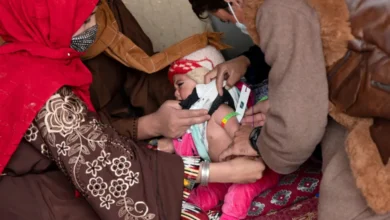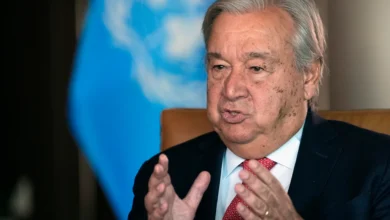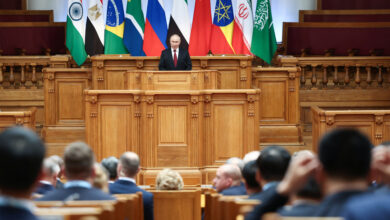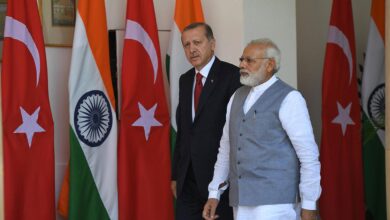Pakistani Drama Serial “Barzakh” Sparks International Outrage with anti-Islamic Bold Narrative
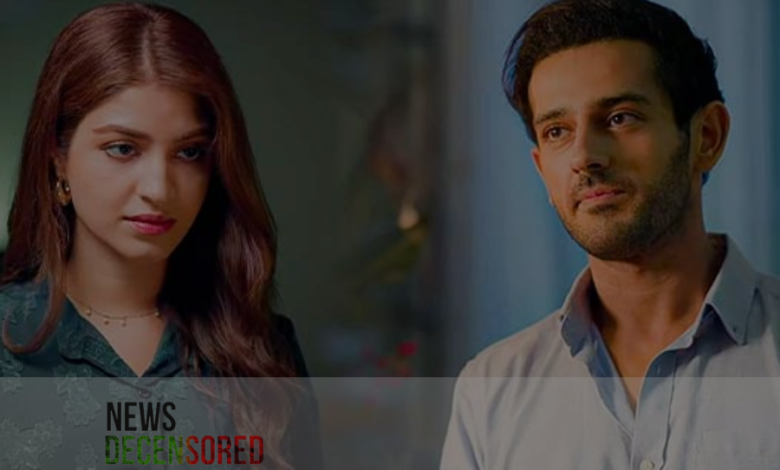
The newest Pakistani series, “Barzakh”, with local artists Fawad Khan and Sanam Saeed, received lots of attention due to the material’s riskiness and the visual quality of the episodes. Asim Abbasi directed the series, which Waqas Hassan and Shailja Kejriwal produced. The show has been applauded for its grand narrative, especially by the Indian audience and fabulous camera work. The main cast, Salman Shahid, Sanam Saeed and Fawad Khan, have also been greatly appreciated for their performances.
Nevertheless, “Barzakh” has faced a lot of controversy in Pakistan mainly because of a homosexual character in the movie. This depiction has turned into another controversy and received much negative response and opposition from Pakistani audiences, stating that the series brings about themes against Islamic values.
Up to now, three episodes of the “Barzakh” show have been uploaded on YouTube. Viewership statistics indicate a notable decline: the first episode received 2. 300,000 views, while the second episode shared 776,000 views, and finally, the third episode had 288,000 views. This is because many people have had perceptions that the series is promoting content for Lesbian sexual orientation, which has caused a severe backlash.
In many instances, Pakistani viewers have openly complained regarding the participation of Pakistani actors in a show that soothes themes that condemn Islamic ideals. The above collaboration with Indian creators has added more fuel to the coal by some fans who surmised that the relations might affect the so-called “deterioration of Pakistani dramas”, just seen in Indian media. Period, one fan opined, ‘Fawad Khan does these characters to please his fans in India.”
Opponents of the show also have a lot of backlash complaints from the viewers who assert that critics should change their stand as per the Shariah law and support the airing of the series. The confrontation continued increasing as some people posted reactions in defence of “Barzakh”, eventually raising the levels of controversy.
In different countries, “Barzakh” is getting praise for breaking the conventional model and portraying social issues. It has caused controversies regarding the representation of LGBTQ characters in the series, the appropriate presence of cultural/religious elements in the series, and the influence of international cooperation in show business.
The show has been particularly appreciated in India for its creativity and ability to embrace socially taboo subjects. Viewers’ positive response to the characters underlines the enhancement of the portrayal of diversities in the Indian media output.
On the other hand, the show has brought the clash of modernity and tradition through the episodes in Pakistan. The issue of covering “Barzakh” captures the essence of existing society’s calls for freedom of speech and media jurisdiction that increases the societal influence in the cultural transformation of the South Asian entertainment industry.
While the series keeps on airing, they are still determining how they will address the current controversy and satisfy all the viewers with opposite opinions of the Islamic Religion. Thus, the media’s ability to serve as an avenue for venting or fueling discussions on several topics relays the show’s role in fueling talks on the content and the worth of the people featured in the media.
Thus, it can be concluded that “Barzakh” is a portrait of many challenges characteristic of creating material that should be meaningful to people from different cultures and countries and those who are adherents of other religions. The impact of such work on future developments regarding representation and race reflected in media is likely to be observed in the following contributions to change the narrative in storytelling in the region.

